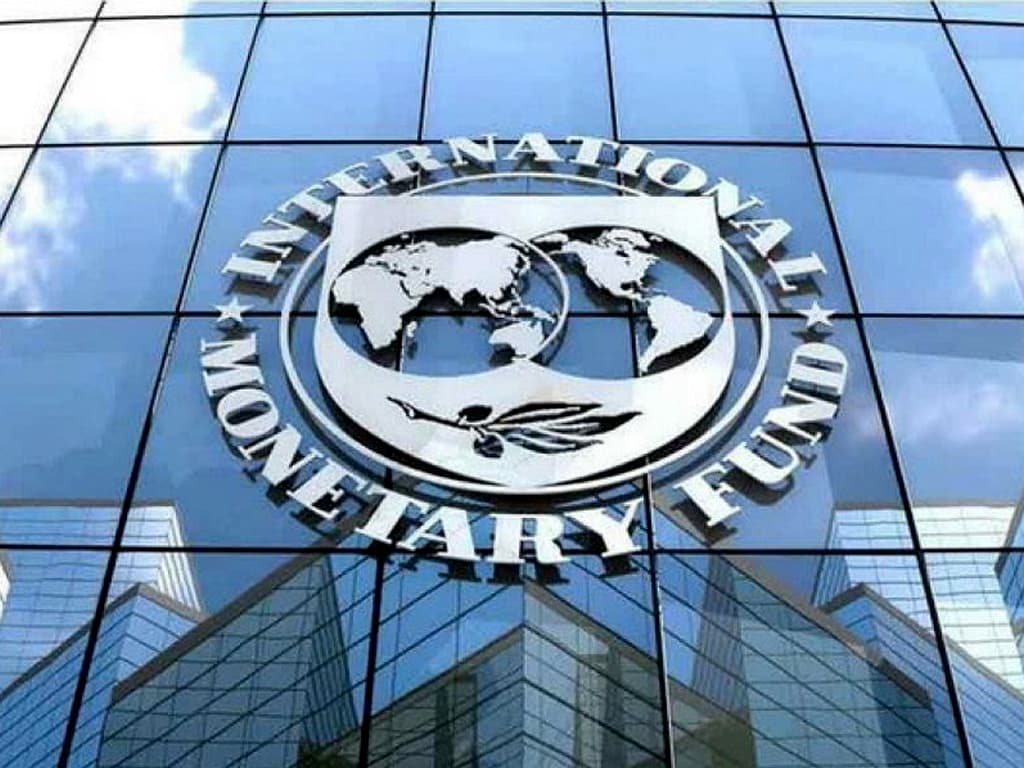The International monetary Fund (IMF), has placed Nigeria as the fourth largest economy in Africa, having lost the top position to South Africa.
Nigeria was over taken by South Africa with a $373.2 billion GDP followed by Egypt with $347.5 billion GDP, Algeria $266.7 billion GDP and Nigeria taking the fourth position with Nigeria $252.7 billion GDP.
By this development, Nigeria has lost the top spot to South Africa in the latest IMF rankings, which placed Ethiopia on the fifth with $205.1 billion GDP and Morocco sixth with $152.3 billion GDP.
The IMF data put Kenya GDP at $104 billion, Angola $92.1 billion GDP. Cote d’Ivore $86.9 billion GDP and Tanzania $79.6 billion GDP.
According to the Fund, South Africa, Egypt, Algeria, and Nigeria will remain the leading economies in Africa until 2030.
The multilateral institution stated that Africa’s economic landscape in 2024 reflects a blend of resilience and obstacles, with South Africa emerging as the continent’s largest economy. These rankings offer insights into the economic paths of different nations and predict forthcoming trends within the region. Although grappling with persistent macroeconomic hurdles, the overall economic outlook for Africa appears steady. According to the IMF’s forecasts, South Africa, Egypt, Algeria, and Nigeria are expected to maintain their positions as the top four economies in Africa until 2030. South Africa is on track to become the largest economy in Africa, surpassing Nigeria and Egypt. Once the continent’s biggest economy, Nigeria has fallen to fourth place due to various economic difficulties, including high inflation, currency depreciation, and the repercussions of recent government policy changes. These changes, like removing petrol subsidies and letting market forces set the currency exchange rate, have increased living costs.
Nigeria also faces shortages of dollars needed for imports, worsening its reliance on foreign goods. Additionally, Nigeria is grappling with a scarcity of dollars essential for imports, exacerbating its dependence on foreign products. The Central Bank of Nigeria has raised interest rates and ended electricity tariff subsidies to address inflation. According to the IMF, Egypt, previously the top economy, is expected to drop to second place due to currency devaluations but could regain the top spot by 2027.
The Fund stresses the importance of ongoing reforms and investments to strengthen Africa’s economy, predicting rising rankings for countries like Kenya and stable standing for Ethiopia until 2030. Africa’s economic journey underscores the significance of strategic policies and investments, alongside international partnerships, in shaping its future.

